Is Matcha Good for Your Skin? The Benefits of Working Matcha Into Your Skincare Routine
Published Jan. 15 2024, 12:21 p.m. ET
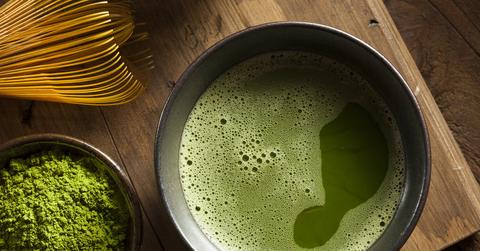
You may be used to seeing matcha on the drink menu of your favorite cafe, but what about your skincare ingredients? Matcha green tea powder has become popularized on TikTok as more than a drink; it is a skincare ingredient with a list of benefits.
If matcha can provide benefits as a drink, could this also mean it is good for your skin? You might be surprised.
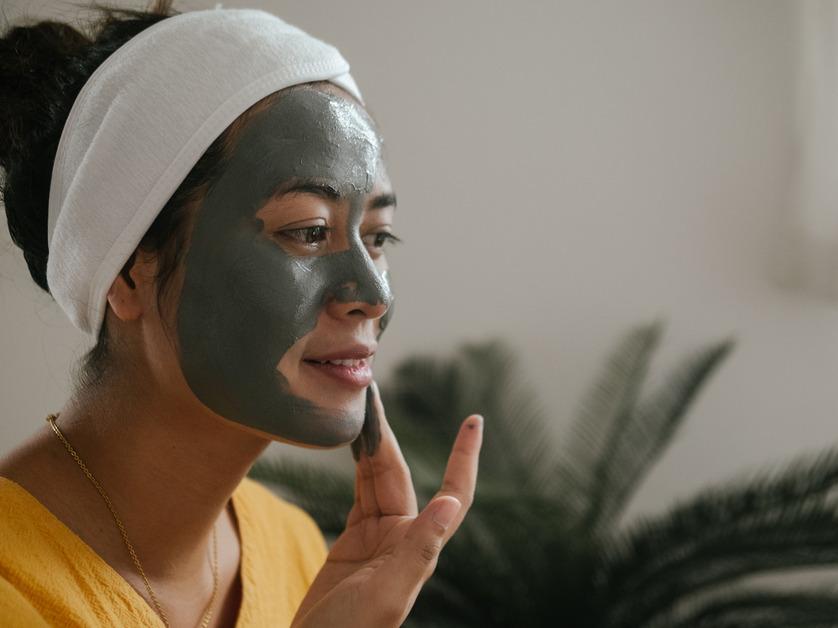
Is matcha good for your skin? These health benefits are associated with the plant.
Matcha is a powdered form of green tea, finely ground to contain high levels of antioxidants and caffeine. It’s a common tea and latte flavor and a popular swap for coffee, known to give you energy without the jitters and dreaded afternoon caffeine crash, per Healthline.
However, besides keeping you alert, matcha could be improving your skin. According to HuffPost, matcha has made an entrance into the skincare market, becoming a popular ingredient in many cosmetic products.
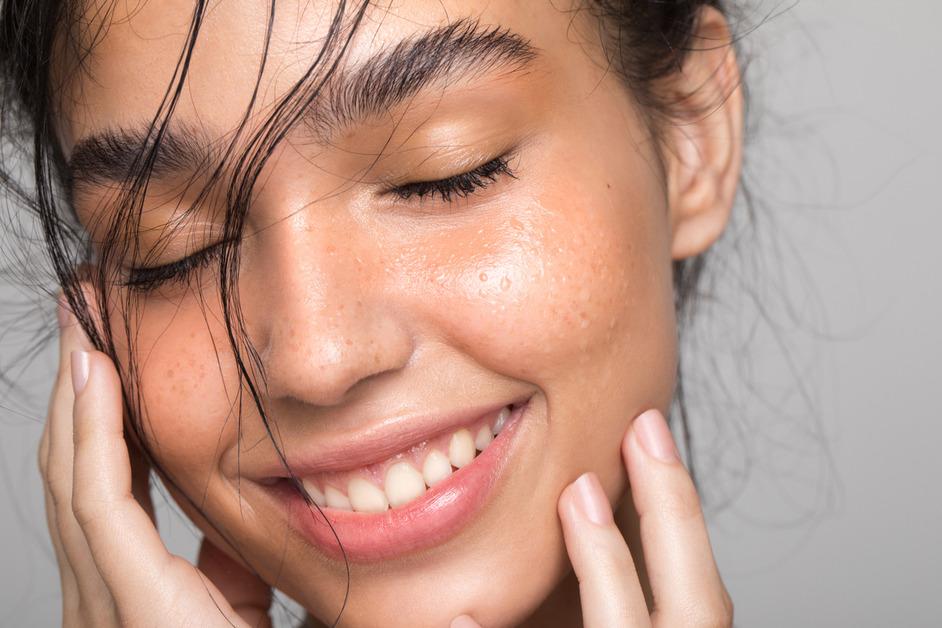
Dr. Leah Answell, MD., FAAD, and assistant Professor of Dermatology at Columbia University, told HuffPost, “As a skincare ingredient, [matcha] is thought to have protective effects to fight free-radical damage, have anti-inflammatory powers and potentially ... reduce the appearance of sun damage.”
The antioxidants in matcha, specifically those known as catechins, could also effectively reduce the signs of aging. When applied topically, matcha could help reduce rosacea and acne due to its anti-inflammatory properties, per Allure.
The benefits don’t stop there. According to Good Housekeeping, the vitamin C in matcha could promote healthy skin growth and collagen production, meaning it could potentially help repair damaged skin.
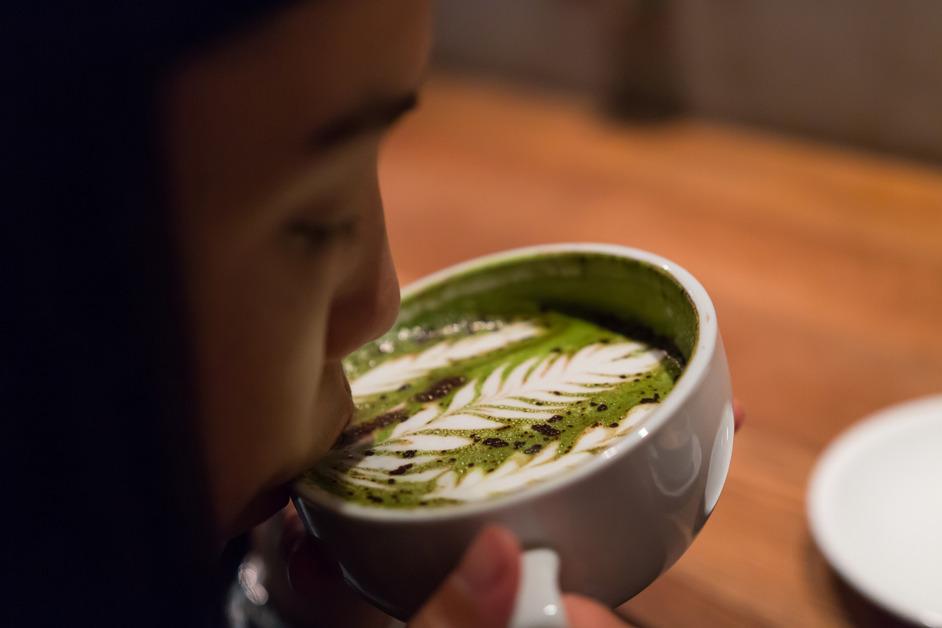
Can you put matcha on your face?
Please note that we are not doctors are dematologists, and you should always speak to a professional before trying home remedies. With that being said, you can reportedly put matcha directly on your face to achieve skincare benefits.
The research on the benefits, and also risks of applying matcha to your face is still limited. Dr. Ansell told HuffPost, “Comparative studies are still needed with matcha specifically, and there is no conclusive proof that matcha is superior. So, the jury is still out.”
Another thing to note is that everyone’s skin is different, and therefore could react differently to matcha. If you notice irritation or suspect an allergic reaction after applying anything to your face, you should stop immediately and seek medical advice if necessary, per HuffPost.
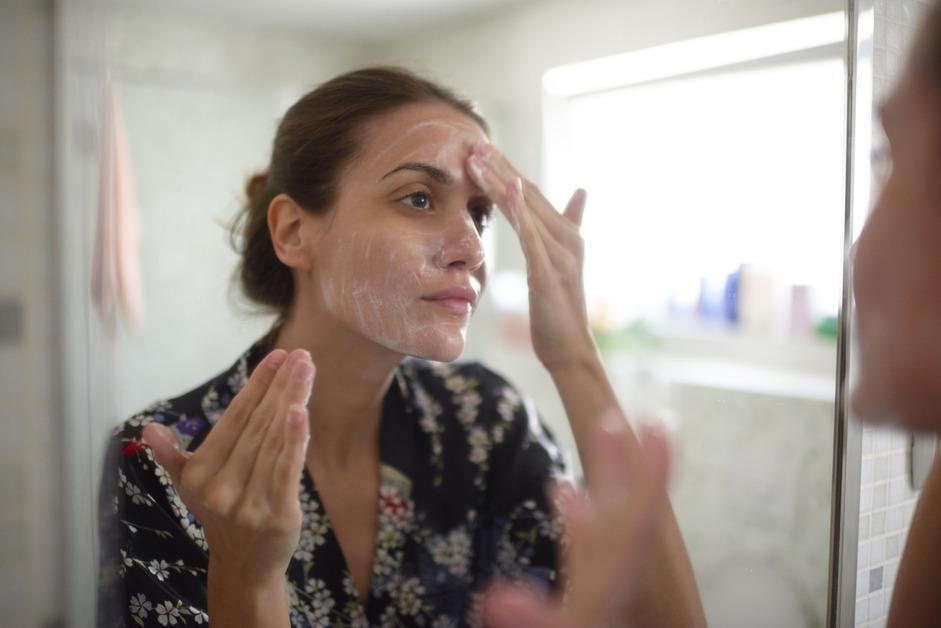
Matcha may be good for your overall well-being.
Outside of skincare, matcha has many other benefits. According to Good Housekeeping, Matcha contains antioxidants, which help combat cell damage and free radicals.
Matcha is also good for brain health. According to a 2021 study, L-theanine, an amino acid found in matcha, can improve cognitive function by improving memory and behavior in stressful conditions.
Another cool potential benefit of matcha? weight loss! A study conducted on the link between green tea and weight loss found that drinking green tea can increase fat burning by 17 percent when paired with exercise.
Matcha may also protect against heart disease, per Healthline. Unlike coffee, matcha can help decrease high blood pressure.
So, the next time you reach for a coffee or other drink that could be a skin irritant, consider switching up your routine for matcha — you never know the benefits it could have.